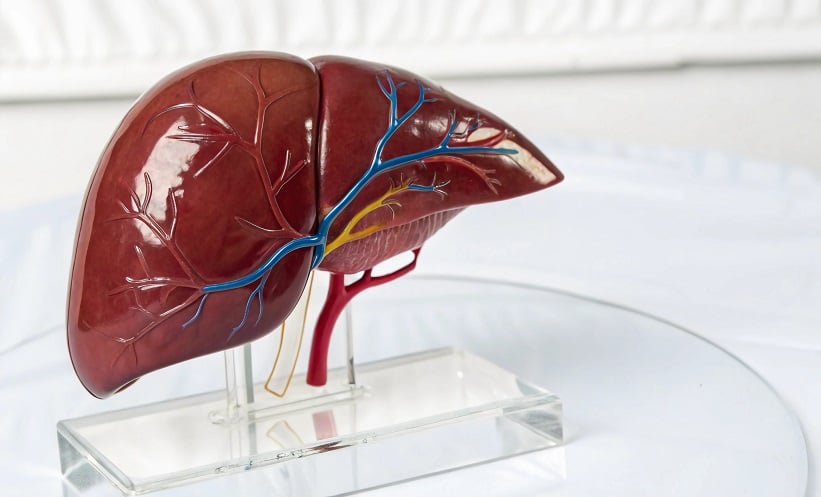A RECENT trial has found that dapagliflozin, a sodium-glucose cotransporter 2 (SGLT2) inhibitor, may offer significant benefits for adults with metabolic dysfunction-associated steatohepatitis (MASH). MASH is a progressive liver disease associated with obesity, insulin resistance, and metabolic syndrome, and it can lead to liver fibrosis and cirrhosis. There are currently no approved pharmacological treatments for MASH. The double-blind, placebo-controlled study is one of the first to evaluate dapagliflozin in this context, with promising results. Over half of participants treated with dapagliflozin showed MASH improvement without fibrosis progression after 48 weeks.
The multicentre trial recruited 154 adults with biopsy-proven MASH, both with and without Type 2 diabetes, from six tertiary hospitals across China. Participants were randomised to receive either 10 mg of dapagliflozin or a matching placebo once daily for 48 weeks. The primary endpoint was improvement in MASH without worsening of liver fibrosis, based on the non-alcoholic fatty liver disease activity score (NAS) and fibrosis staging. Key secondary endpoints included MASH resolution without worsening fibrosis, and fibrosis improvement without worsening MASH. The analysis followed the intention-to-treat principle.
At 48 weeks, 53% of patients in the dapagliflozin group achieved MASH improvement without fibrosis progression, compared to 30% in the placebo group (risk ratio: 1.73; 95% CI: 1.16–2.58; p=0.006). The average NAS reduction was significantly greater with dapagliflozin (mean difference: −1.39; 95% CI: −1.99–−0.79; P<0.001). Resolution of MASH occurred in 23% of those treated with dapagliflozin, versus 8% in the placebo group (risk ratio: 2.91; p=0.01). Additionally, 45% of the dapagliflozin group showed fibrosis improvement without MASH worsening, compared to 20% receiving placebo (risk ratio 2.25; p=0.001). Treatment discontinuation due to adverse events was low in both groups.
These findings suggest dapagliflozin may be an effective treatment option for patients with MASH, offering liver-specific benefits beyond its glycaemic effects. The trial’s limitations include its relatively short duration and restriction to Chinese tertiary centres, which may limit generalisability. Nevertheless, these results support further investigation in more diverse populations. Clinicians should consider the potential of SGLT2 inhibitors not only in managing Type 2 diabetes but also in addressing MASH in at-risk patients.
Reference
Lin J et al. Effect of dapagliflozin on metabolic dysfunction-associated steatohepatitis: multicentre, double blind, randomised, placebo controlled trial. BMJ. 2025;DOI: 10.1136/bmj-2024-083735.








